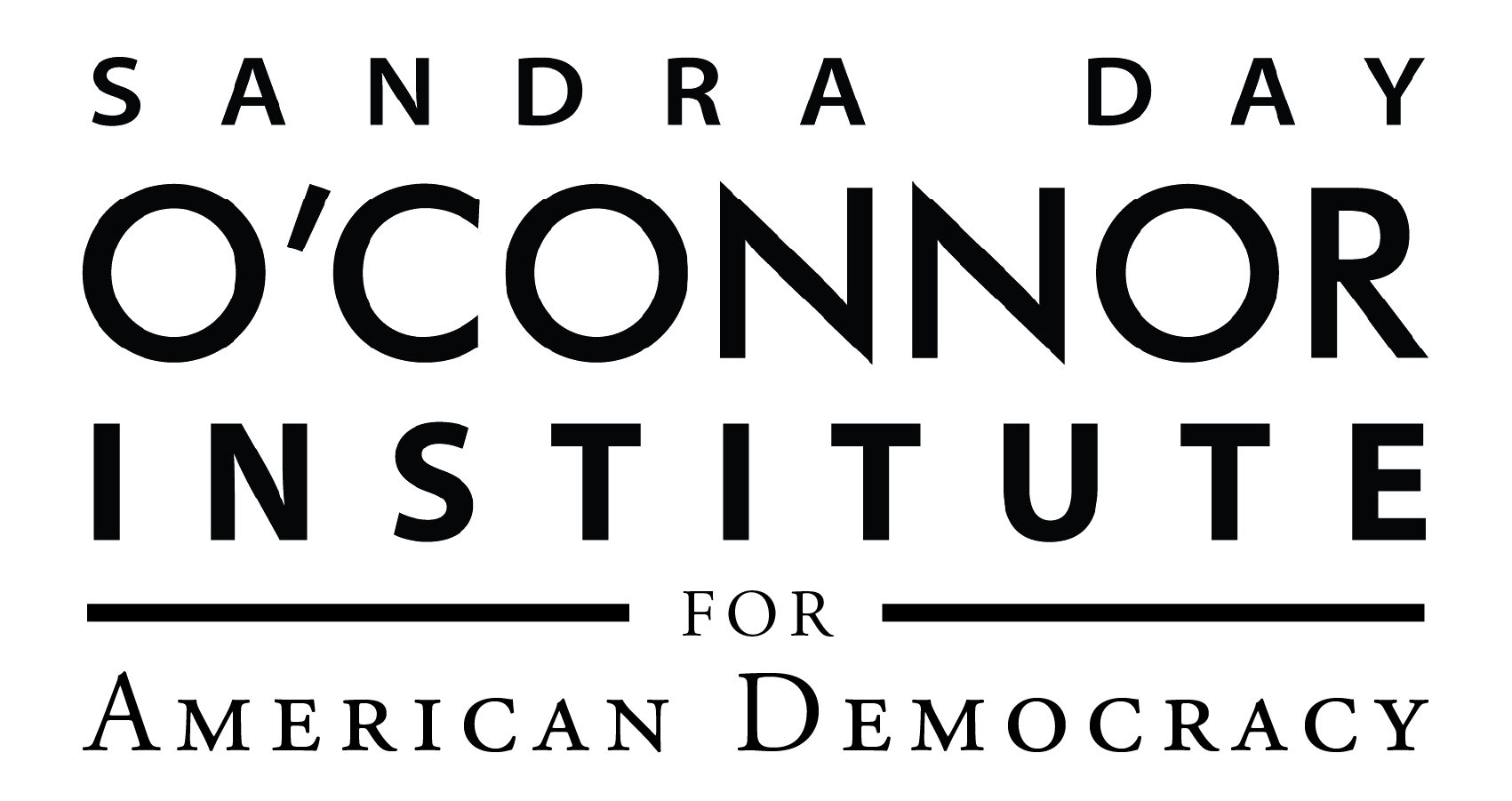This detailed map is best viewed on a computer.
Made with Visme
Demoratic National Convention: August 19–22, 2024, at the United Center in Chicago, Illinois
Questions? See explanations below
Types of Primaries
Open Primary: In an open primary, registered voters can participate in the primary of any party, regardless of their own party affiliation. For example, a registered Democrat could choose to vote in the Republican primary. This system allows for more flexibility and can potentially lead to crossover voting, where voters from one party participate in the primary of another party.
Closed Primary: In a closed primary, only voters who are registered members of a specific political party can participate in that party's primary. For example, only registered Democrats can vote in the Democratic primary. This system is designed to ensure that only members of a party have a say in selecting their party's candidate.
Semi-Closed Primary: A semi-closed primary is a combination of open and closed primaries. Registered voters can only vote in the primary of their own party, but unaffiliated voters (those not registered with any party) can choose which party's primary to participate in.
Semi-Open Primary: Similar to a semi-closed primary, a semi-open primary allows unaffiliated voters to choose which party's primary to participate in. However, registered party members must vote in their own party's primary.
Caucus: A caucus is a local meeting of party members where they discuss and vote on their preferred candidate. Caucuses tend to be more complex and time-consuming compared to primaries. They are used in some states, especially in the early stages of the primary season.
Delegate Distribution
Primary Elections and Caucuses: Parties hold primary elections or caucuses in individual states to determine which candidate will receive the party's nomination for the general election. These events allow registered party members to vote for their preferred candidate.
Delegate Types:
Pledged Delegates: These are delegates who are bound to support a specific candidate at the national convention based on the results of the state's primary or caucus.
Unpledged Delegates (Superdelegates): These are party leaders and elected officials who are not bound by the primary or caucus results and can vote for any candidate at the national convention.
Allocation Methods:
Proportional Allocation: In this method, delegates are awarded to candidates in proportion to the percentage of votes they receive in a state's primary or caucus. For example, if a candidate gets 40% of the votes, they might get approximately 40% of the delegates.
Winner-Takes-All (or Winner-Takes-Most): Some states award all or most of their delegates to the candidate who receives the majority of votes, effectively giving a significant advantage to the winner.
Hybrid Systems: Some states use a combination of proportional allocation and winner-takes-all methods.
Thresholds: Some states set a threshold (e.g., 15% of the vote) that a candidate must reach to be eligible for any delegates. This is to prevent the delegation from being too fragmented.
Delegates by Congressional District: In some states, delegates are allocated by congressional district, meaning that candidates can win delegates in specific regions within a state.
Bonus Delegates: Some states offer bonus delegates to candidates who perform well, either overall or in specific categories (e.g., winning certain regions or demographic groups).
State Party Rules: Each state's party sets its own rules for delegate allocation, which can lead to significant variation in the process from state to state.
National Convention: After all state primaries and caucuses have taken place, delegates from each state gather at the party's national convention. This is where the official nomination of the party's candidate for the general election takes place.
Role of Superdelegates: In the Democratic Party, superdelegates (unpledged delegates) play a unique role. They are free to support any candidate and are not bound by primary or caucus results. However, they can be influential in close nomination races.

